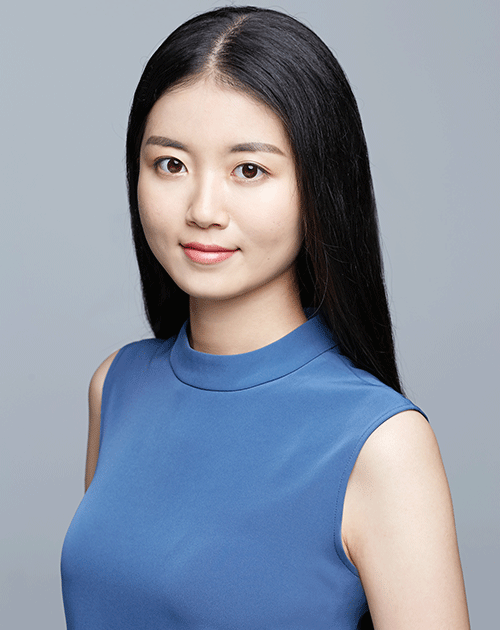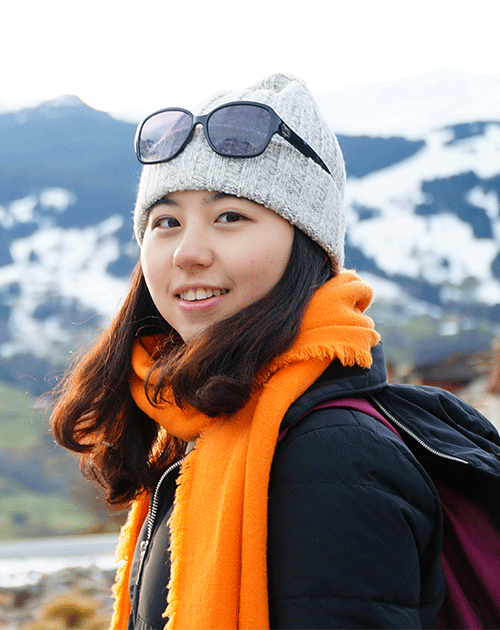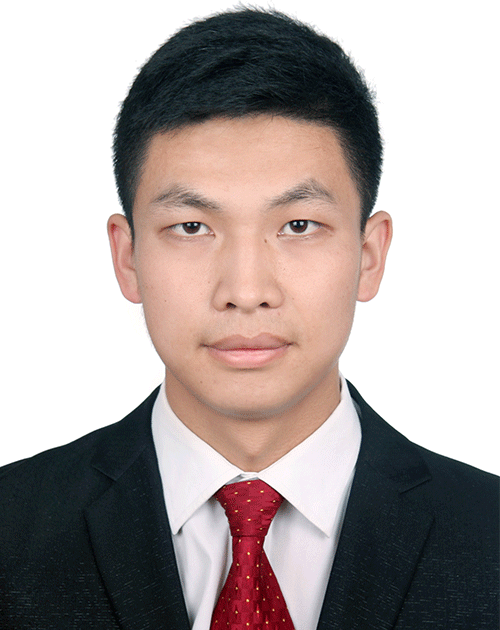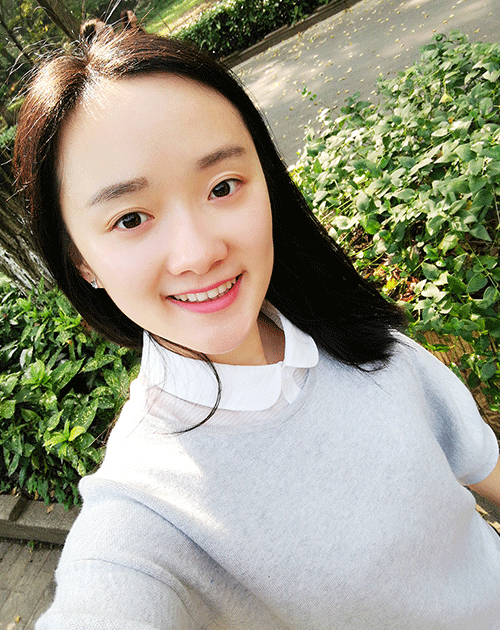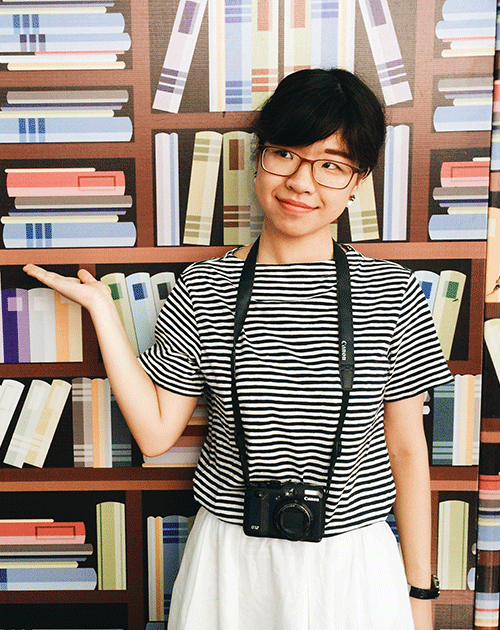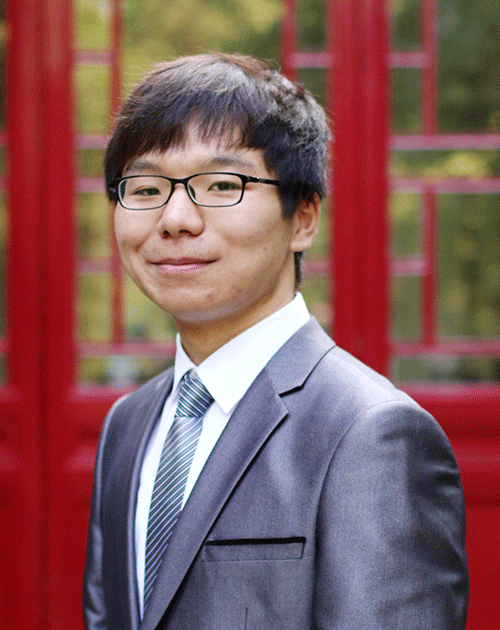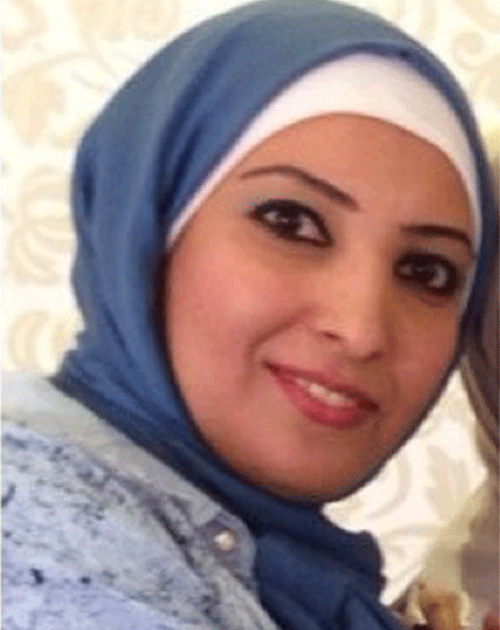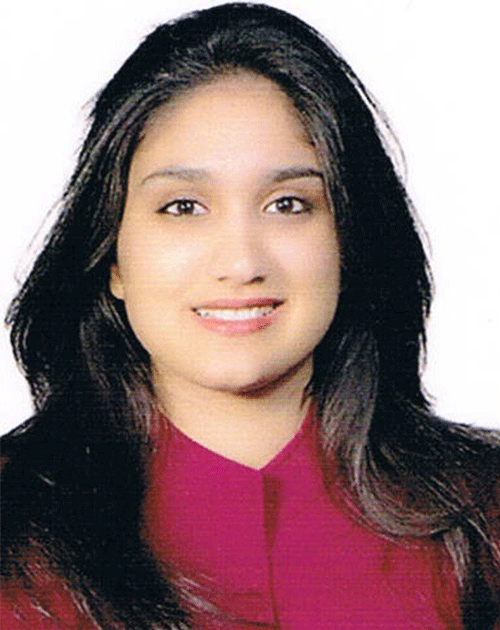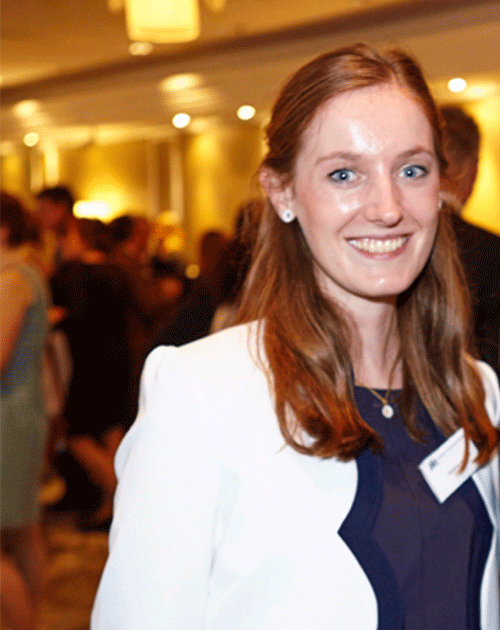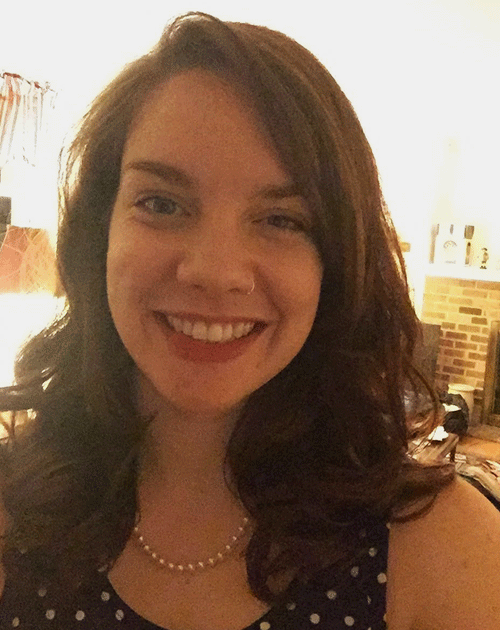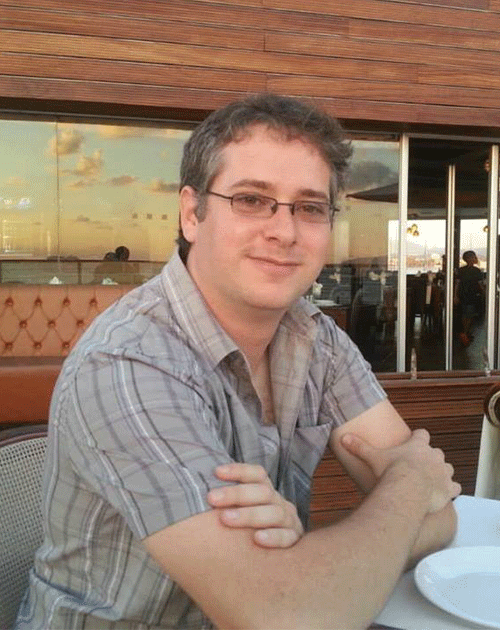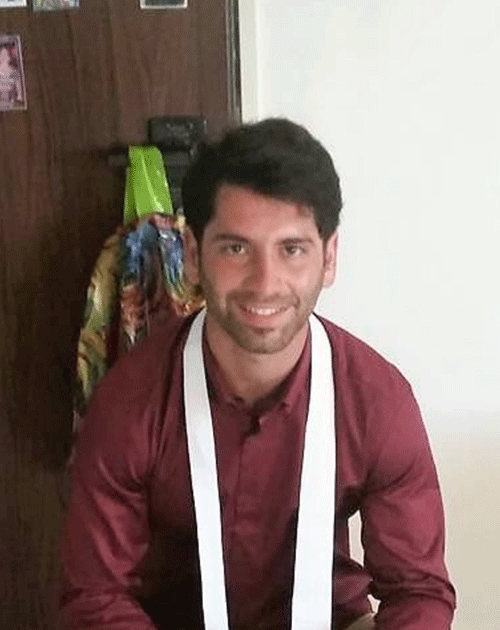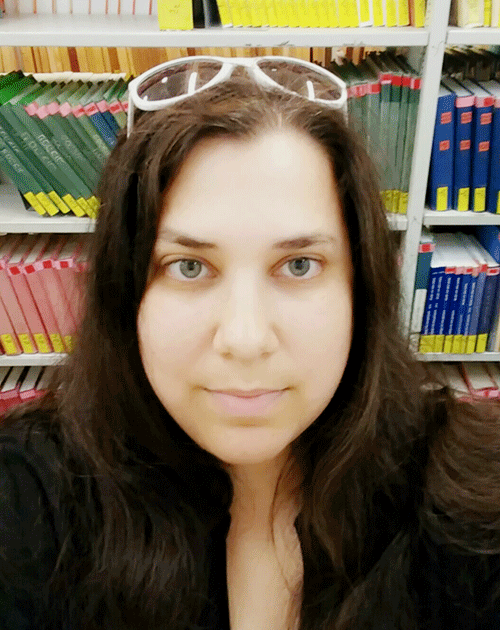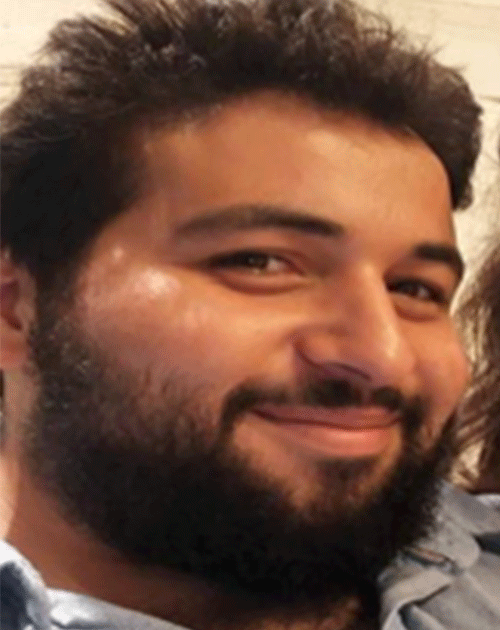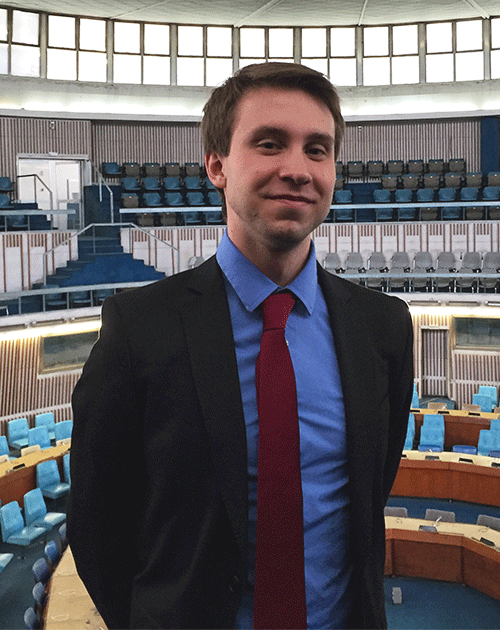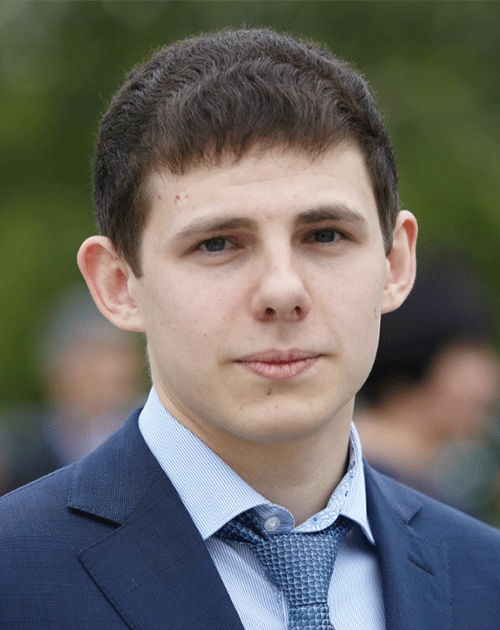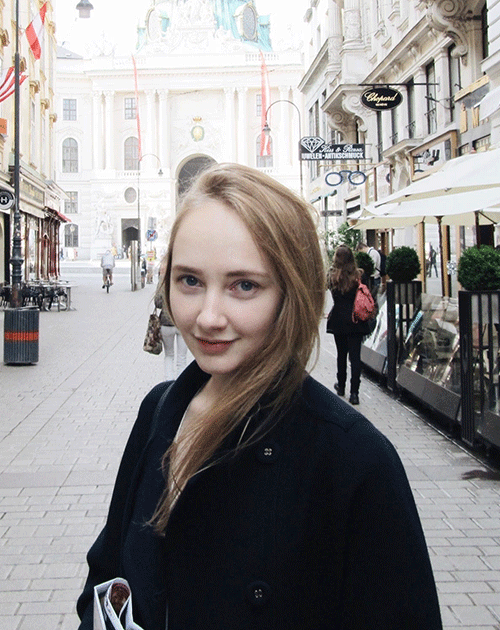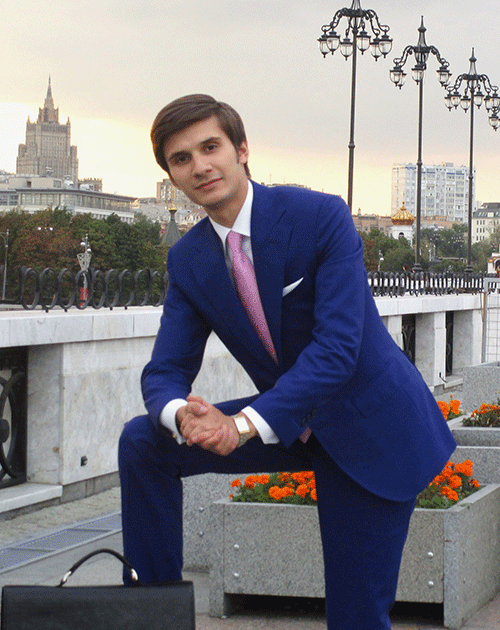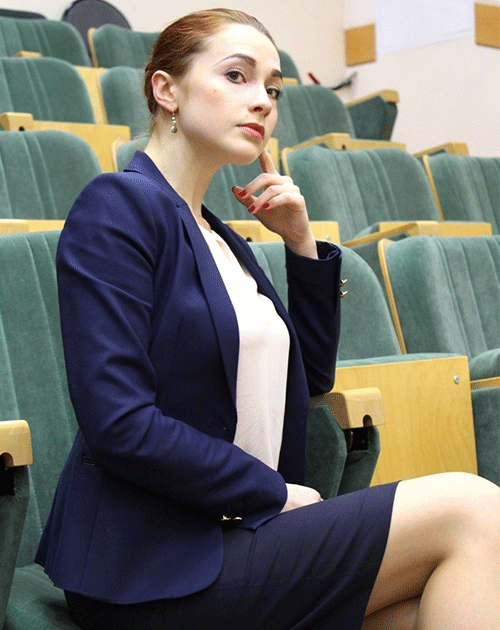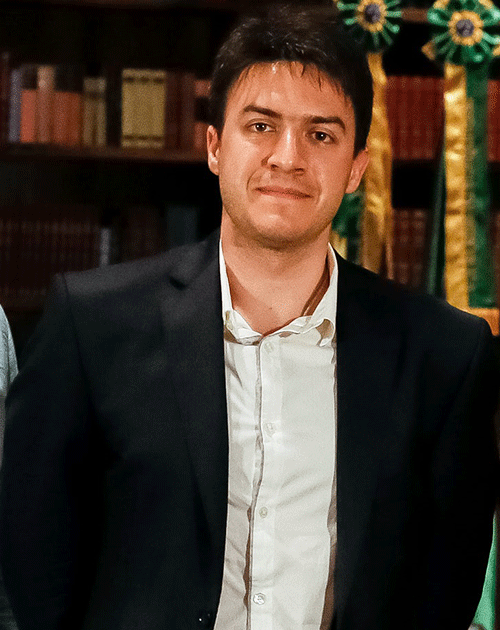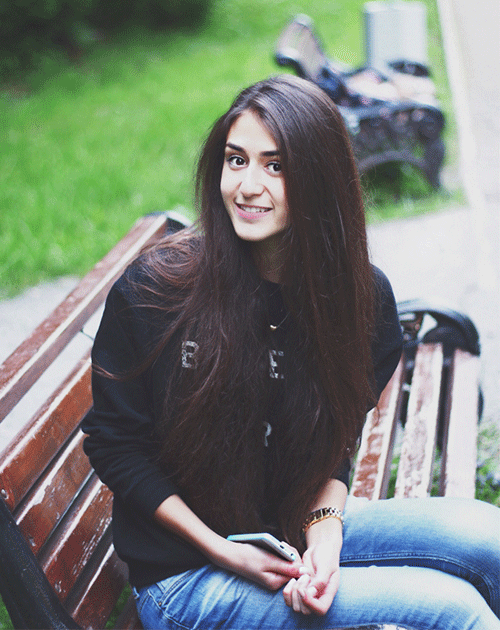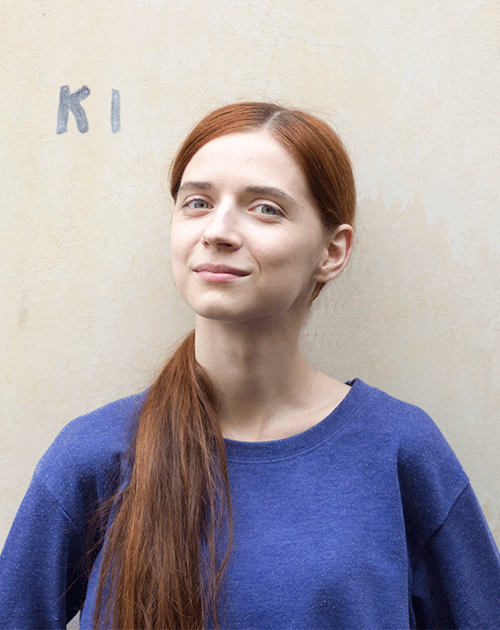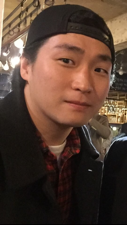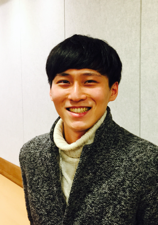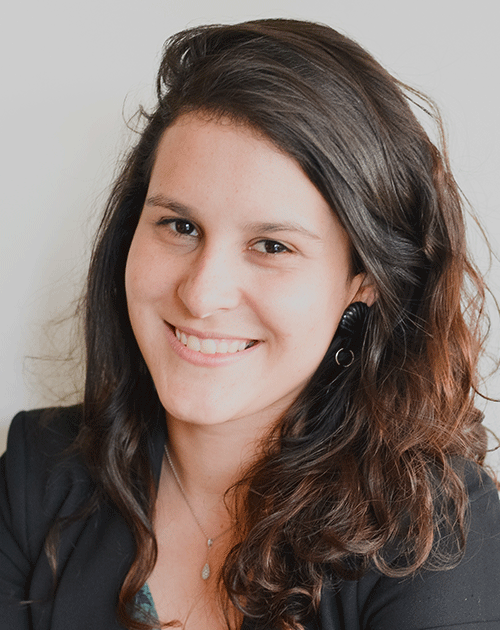 |
Gisela Burle Cosentino
Gisela is a Brazilian senior studying Law at Universidade Católica de Pernambuco. Besides Brazil, she has lived in Chile, the United States, and Italy, and she nourishes a deep interest in other cultures and languages. Therefore, she is eager to get to know the different point of views about the global scenario that EPIIC’s participants will bring up for discussion. Furthermore, Gisela is interested in Public and Environmental Law and Arbitration, with emphasis in private resolution for public conflicts, area in which she intends to pursue her career. She works as an intern at one of the best Law Firms in Brazilian’s northeast, da Fonte, advogados, as assistant on Administrative Law and is a member of the Criminology Research Team at her University. Gisela is also passionate about photography, which leads her to see the world in other angles and perspectives, making her a lover for traveling and art.
|
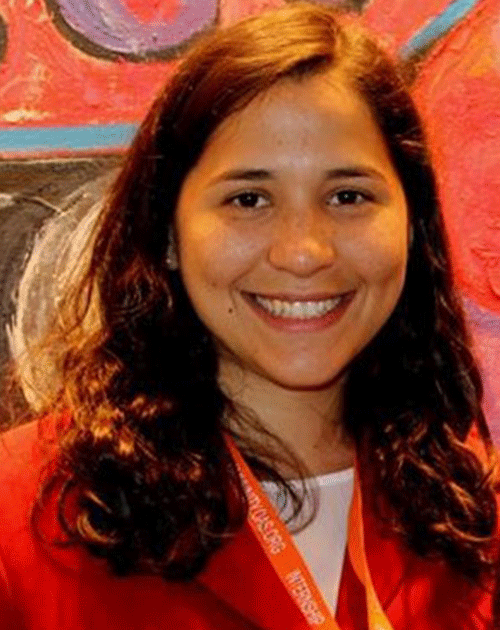 |
Júlia Cortez da Cruz
Julia Cruz is an LLM candidate at Harvard Law School, with a first degree in law from the University of Sao Paulo. Previously, she worked as a researcher at the Business and Human Rights Research Center of Fundacao Getulio Vargas (Brazil). She was also an intern at the Inter-American Commission on Human Rights. She is interested in the relation between human rights policy, international law, and international development.
|
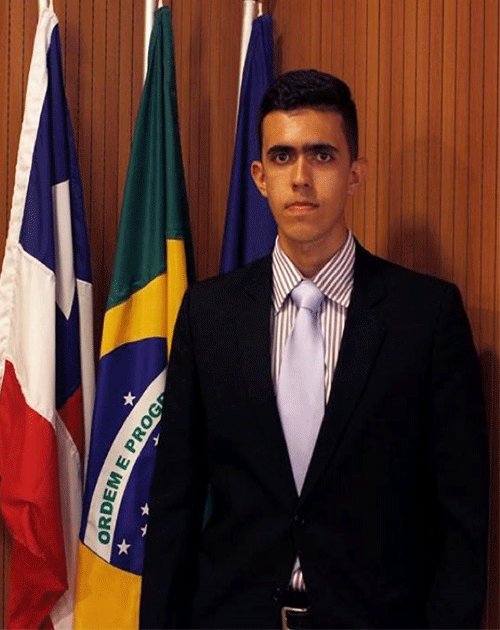 |
Eduardo Leal de Araújo
Eduardo is a sophomore at Centro Universitário Jorge Amado (Unijorge) from Bahia, Brazil. He is studying International Relations, with interests in geopolitics, security, foreign policy and diplomacy, especially in Latin America and South Atlantic. Beyond this, he is an active participant of UN Simulations in Brazil; studying Spanish and improving English and hopes to develop his knowledge in this EPIIC, expanding his world view and understanding the new international relations organization, face the dichotomy diplomacy versus force, from many different perspectives.
|
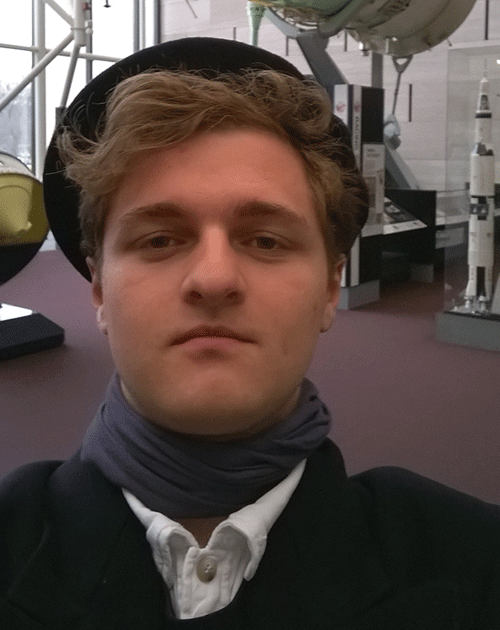 |
Caio Henrique Duarte Diaz
Caio is on his third year at the Law College at the University of São Paulo, in Brazil. His studies focus both on Philosophy of Law, analyzing Tolstoy's religious hermeneutics of Justice, and International Law. At the Faculty he has participated in research groups on international law, ranging from the Inter-American Court to the Criminal Court in the Hague. Being of Spanish dual citizenship and scion of the oldest Estonian clan in Brazil, he is an enthusiast of multiculturalism. He now works as a researcher at the University, under the area of the History of Ideas and the Abolitionist movement in Imperial Brazil, also cooperating intensely with the European studies programs run by the EU and Germany in Brazil. His interests range from getting to know Russian culture to watching Werner Herzog's and Luchino Visconti's movies.
|
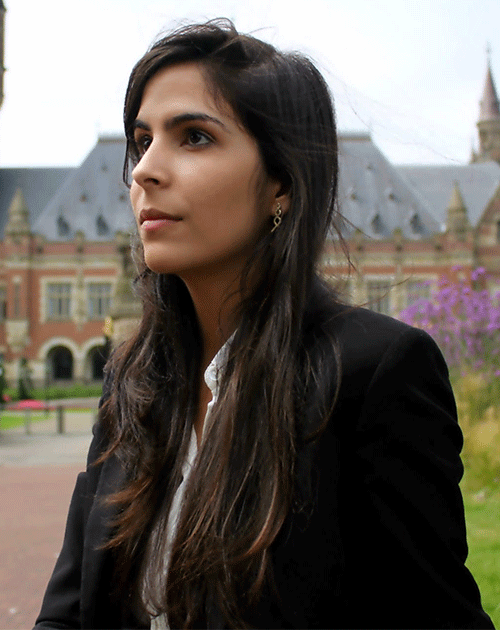 |
Bárbara Boechat Pereira Lima
Bárbara is a senior at the Federal University of Minas Gerais, where she is pursuing a Degree in Law, with a concentration in Public International Law. She was born and raised in Belo Horizonte (Brazil) and speaks Portuguese, English, French and Spanish. Bárbara intends to pursue a career in diplomacy. At the Law Faculty, she is involved in research projects on public international law and is an active member of the Research Group on States, organizations, individuals and the (re)construction of the juridicity in the international context. B´rbara acts as a coordinator of the activities of the Study Group on International Law and the International Court of Justice and the Study Group on International Courts and Tribunals. She is also involved in Moot Court Competitions, which stimulate discussions on controversial legal problems and foster the development of advocacy skills. She was part of the Federal University’s team for the Concours Charles Rousseau en Droit International, in Paris, and for the Phillip C. Jessup International Law Competition, in Washington, D.C. Bárbara’s particular interests involve international state responsibility, human rights, international courts and tribunals, and international peace and security.
|
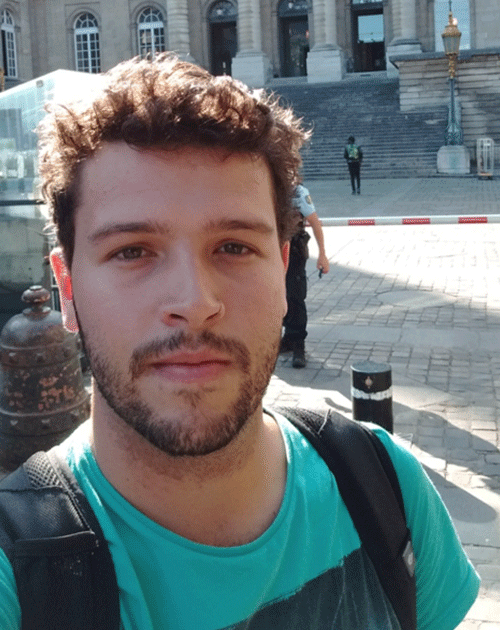 |
Thiago Moreira Gonçalves
Thiago is a senior at Pontifícia Universidade Católica of Minas Gerais, majoring in International Relations. He is from Belo Horizonte (Brazil), where he is also a junior pursuing a bachelor degree in The Law School of the Federal University of Minas Gerais. His interests are International Relations theory and the process of regional integration in the European Union and Latin America, especially in South America. He is also interested in paradiplomacy, especially after his internship at the International Relations Secretariat of the City Hall of Belo Horizonte. He acts as a student researcher in the Study Group and Research about Decision-Making Process of the Federal University of Minas Gerais. Thiago did volunteering work in Tunisia, studied for a semester at Università di Bologna (Italy) and Universidad Nacional del Litoral (Argentina), in addition he did a Summer School in The Hague University of Applied Sciences (The Netherlands). He speaks English, Spanish, Italian, Portuguese and hopes to pursue French as well. He has a passion for traveling, studying languages and enjoys swimming and reading in his free time.
|
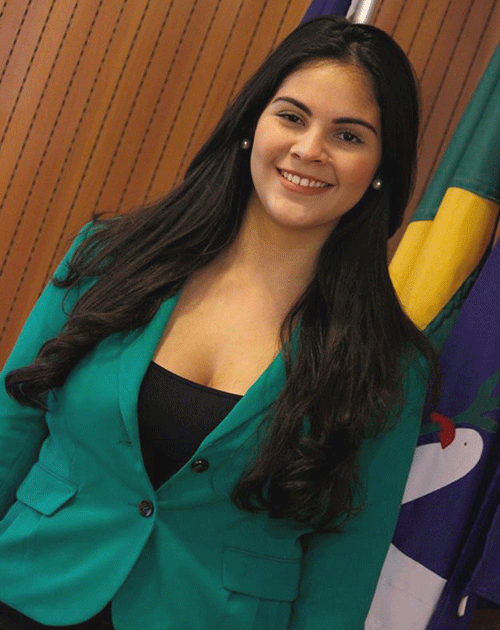 |
Maria Vitória Santana Catharino
Vitoria is currently enrolled in a bachelor degree program in Law at the Federal University of Bahia. In addition, she concomitantly studies International Relations at a private college institution in her hometown, Salvador. Currently, she works as an analyst intern at a think tank that develops internationalization projects for subnational entities and local companies. She is also engaged in a leadership training course, promoted by the local offices of UNAIDS and UNFPA, that is helping her to get more acquainted and conscious about social causes, especially those related to HIV and general Human Rights issues. She lived in Germany for ten years and therefore is fluent in the German language, besides English and her native Portuguese. Due to her personal and international experiences, she developed a strong sense of multicultural flexibility and respect towards human diversity.
|








